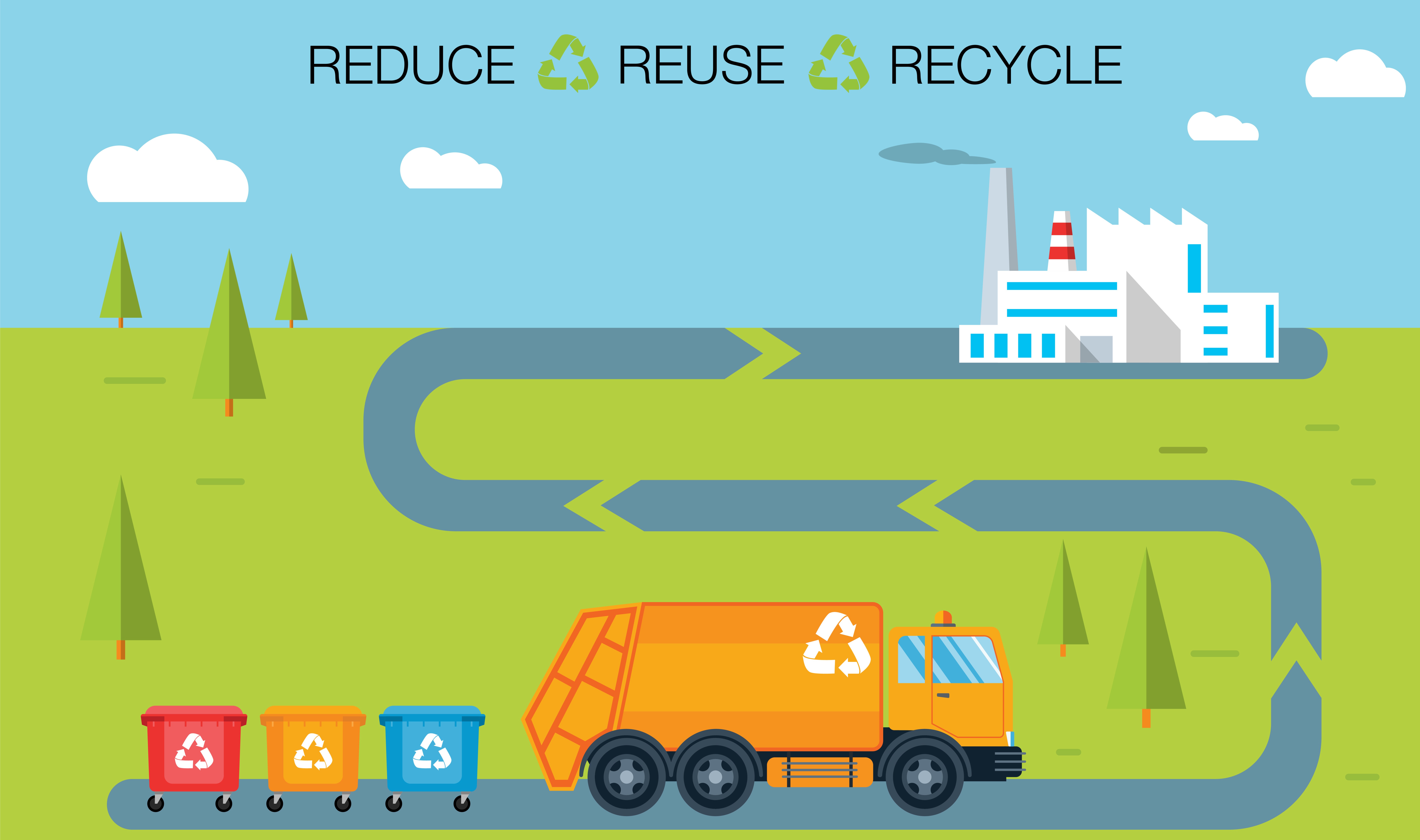
Electronic recycling cycle
Are you a waste manager?
If you are an authorised waste manager and carry out activities such as transport, storage or treatment of packaging, SUN REPACK would like to work with you. Our system facilitates connections with companies and centres that need waste management services.
📩 Write to us at [email protected] or call us on ☎️ 963 363 487 for more information.
📩 Write to us at [email protected] or call us on ☎️ 963 363 487 for more information.
Who is a waste manager?
In accordance with the definition contained in Law 7/2022, of April 8, on Waste and Contaminated Soil for a Circular Economy, a waste manager is defined as any entity, public or private, registered through authorization or communication with the public administration. corresponding and that carries out any of the operations that make up waste management, whether or not it is the producer thereof.
In accordance with Law 7/2022, there are different types of waste managers:
Specifically and getting into the matter, depending on the type of company and the authorization in which they are available, managers may carry out the following activities:
In accordance with Law 7/2022, there are different types of waste managers:
- A recycling plant
- A company specialized in your transportation
- A trading company, that is, one that buys and sells waste
Specifically and getting into the matter, depending on the type of company and the authorization in which they are available, managers may carry out the following activities:
- Waste collection entities or companies:
1. Initially collect, classify and store the waste in an authorized facility in the appropriate conditions in accordance with the provisions of its authorization and have documentary evidence of said operations.
2. Package and label waste in accordance with current regulations for subsequent transportation, when the initial producer or holder does not have such obligations.
3. Deliver the waste for treatment to authorized entities or companies and have documentary evidence of this delivery.
2. Package and label waste in accordance with current regulations for subsequent transportation, when the initial producer or holder does not have such obligations.
3. Deliver the waste for treatment to authorized entities or companies and have documentary evidence of this delivery.
- Entities or companies that transport waste on a professional basis:
1. Transport, at the request of the transfer operator, the waste from the initial producer or other holder to the treatment plant, complying with the requirements of the transport regulations, the other applicable regulations and the contractual provisions and having documentary accreditation of Delivery.
2. Keep waste separated and identified during transport and, in the case of hazardous waste, packaged and labeled in accordance with current regulations. In no case will the loading of containers that are not properly closed or that have defects in their labeling be accepted when this is mandatory.
2. Keep waste separated and identified during transport and, in the case of hazardous waste, packaged and labeled in accordance with current regulations. In no case will the loading of containers that are not properly closed or that have defects in their labeling be accepted when this is mandatory.
- Entities in charge of carrying out a waste treatment activity:
1. Carry out the appropriate checks to proceed with reception and, where appropriate, acceptance as agreed in the treatment contract.
2. Carry out the treatment of the waste delivered in accordance with the provisions of its authorization and document it; in the case of facilities subject to integrated environmental authorization, in accordance with the best available techniques.
3. Properly manage the waste they produce as a result of their activity.
2. Carry out the treatment of the waste delivered in accordance with the provisions of its authorization and document it; in the case of facilities subject to integrated environmental authorization, in accordance with the best available techniques.
3. Properly manage the waste they produce as a result of their activity.
Collection system
SUN REPACK Association, in collaboration with management companies, will coordinate collections from those participating in the system.
We want to maintain the current management model.
If you do not have a manager and generate waste, please contact us.
We want to maintain the current management model.
If you do not have a manager and generate waste, please contact us.

NOTE: The companies associated with SCRAP will finance the management of packaging waste through their declarations.
Work with our SCRAP
Would you like to receive compensation for the packaging waste you manage or increase the amount of packaging managed at your plant?
👉 Write to us at [email protected] or call ☎️ 963 363 487
🔗 Take the next step as a waste manager with SUN REPACK!
👉 Write to us at [email protected] or call ☎️ 963 363 487
🔗 Take the next step as a waste manager with SUN REPACK!

